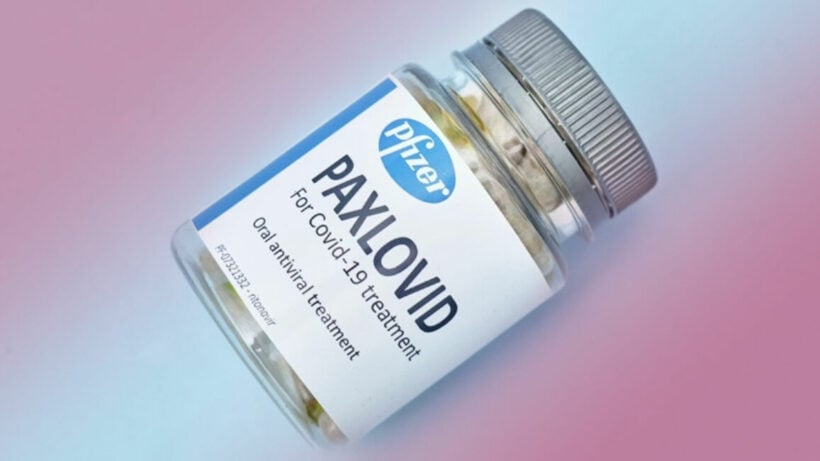Pfizer Covid-19 treatment, Paxlovid, “strongly recommended” by WHO

The World Health Organisation has given its backing to Pfizer’s Covid-19 treatment, Paxlovid, recommending it over the alternatives. The WHO says it “strongly recommends” the treatment for Covid patients with milder symptoms, who remain at high risk of being hospitalised. However, it adds that, as with vaccines, inequality in accessing the drug remains a problem for lower and middle-income countries.
The WHO says it recommends Paxlovid over molnupiravir and remdesivir for the treatment of Covid patients who remain unvaccinated, are elderly, or have underlying health conditions. There are fewer concerns about side-effects with the Pfizer treatment, compared to molnupiravir, and it is also easy to take at home, unlike remdesivir and monoclonal antibodies, which have to be administered intravenously.
However, the WHO says the treatment must be taken while patients are in the early stages of Covid-19, as soon as possible after testing positive. They must start taking Paxlovid within 5 days of experiencing symptoms. A treatment course lasts 5 days. Remdesivir can be taken within 7 days of developing symptoms, but needs to be administered intravenously over 3 days.
The WHO is also calling on the manufacturer to be more transparent when it comes to the pricing of Paxlovid. WHO senior adviser Lisa Hedman says one radio report put a course of the treatment at US$530 in the US. Another source quoted a price of US$250 in an upper-middle-income country. Hedman points out that a course of remdesivir costs US$520, but companies in India are making generic versions that cost US$53 – US$64 per treatment course.
Under pressure for putting wealthy countries at the top of the queue when it came to distribution of its vaccine, Pfizer has agreed to allow some companies to make cheaper, generic versions of Paxlovid, as part of a UN-backed scheme. However, the WHO is pushing for more, and has called on the pharmaceutical giant to allow more manufacturers to produce the treatment and to accelerate its availability at more reasonable prices.
SOURCE: AFP
Latest Thailand News
Follow The Thaiger on Google News:


























